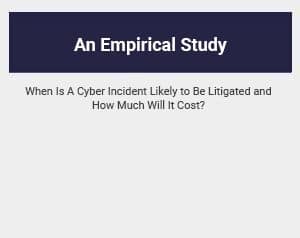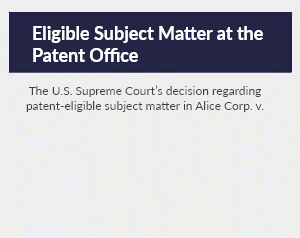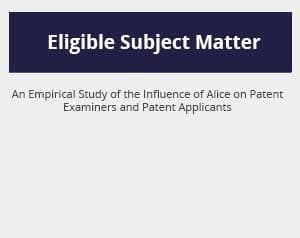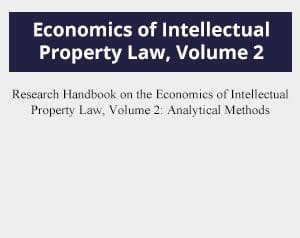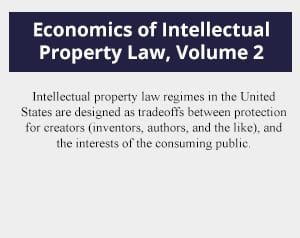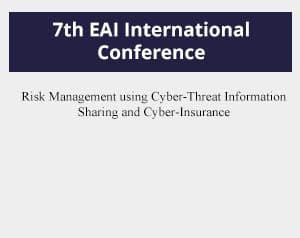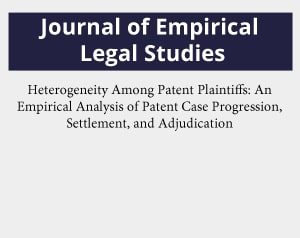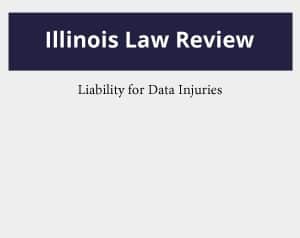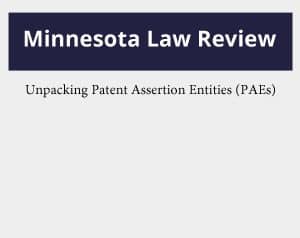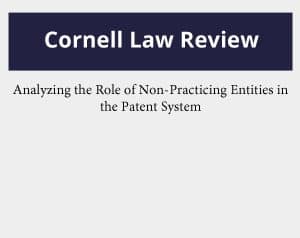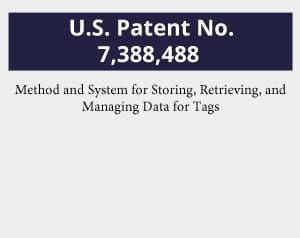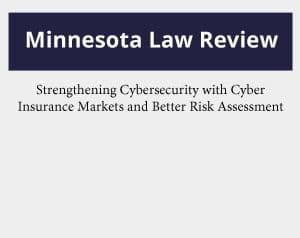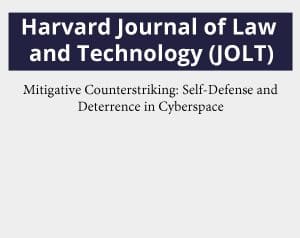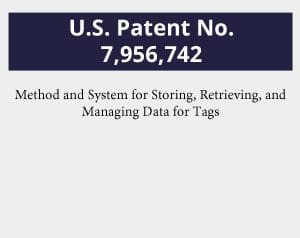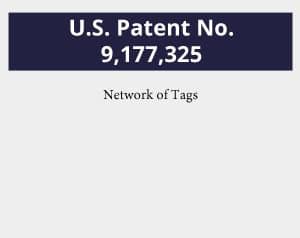Numerous cyber incidents have shown that there are substantial legal risks associated with these events. However, empirical analysis of the legal aspects of cyber risk is largely missing in the existing literature. Based on a dataset of historical cyber incidents and cyber-related litigation cases, we provide one of the
The U.S. Supreme Court’s decision regarding patent-eligible subject matter in Alice Corp. v. CLS Bank has been in effect for more than five years, and it has made a significant impact on inventions involving software, information technology, and the life sciences.
Eligible Subject Matter at the Patent Office: An Empirical Study of the Influence of Alice on Patent Examiners and Patent Applicants
This chapter reviews studies of non-practicing entities (NPEs) (aka “patent trolls”) and their effect on the United States patent system. The information presented is not intended to pass judgment or persuade readers that NPEs are definitively beneficial or detrimental to the patent system
Intellectual property (IP) law regimes in the United States are designed as tradeoffs between protection for creators (inventors, authors, and the like), and the interests of the consuming public.
Critical infrastructure systems spanning from transportation to nuclear operations are vulnerable to cyber attacks. Cyber-insurance and cyber-threat information sharing are two prominent mechanisms to defend cybersecurity issues proactively.
This article empirically studies current claims that patent assertion entities (PAEs), sometimes referred to as ‘patent trolls’ or non-practicing entities (NPEs), behave badly in litigation by bringing frivolous patent infringement suits and seeking nuisance fee settlements.
May-24-2016 In May, Secretary of Defense Ashton Carter addressed reporters at a news conference in California, where he talked about technology and cyber defense.Carter spoke about the United States’ use of electronic attack methods to disrupt the activities of ISIS. But, he warned, we are not the only country
Apr-26-2017 On April 9th, a video showing police officers forcibly dragging a passenger off a United Airlines flight sparked outrage on social media. United asked for four volunteers in order to make room for United employees after passengers had been boarded and seated on the flight. The selected passenger,
Oct-12-2016 Lately, Samsung has been having problems with its new smartphone product, the Galaxy Note 7. The company, most notable for their electronics, has been the cause of cancelled airplane flights, burning cars, hotel room destruction, and house fires. The cause behind all of these incidents is the battery
May-2-2016 On April 21st, 2016, fans around the world were shocked to hear of the passing of Prince. A songwriter, actor, music producer, and master of multiple musical instruments, Prince influenced popular culture for decades. Prince was also a strong advocate for artist rights and for maintaining control over
July-22-2016 Unless you’ve been living under a rock, you’re probably aware that Nintendo just released Pokemon Go for Android and iOS smart phones. Pokemon Go is an augmented reality game that is becoming a sensation. The market value of Nintendo went up by billions of dollars in the first
Sept-20-2017 In the continental United States, the clouds are parting, and communities along the Gulf Coast can finally survey the devastation caused by hurricanes Harvey and Irma. After causing total losses of around $150 billion, they are currently the third and fourth costliest hurricanes in U.S. history, coming right
June-23-2016 What if the phone company charged you for your phone calls based on who you were or what you were talking about? It sounds absurd in the telephone context, but that type of practice is at the heart of the modern net neutrality debate. For the last several
Nov-7-2016 What do a security camera, a router, and a DVR have in common? No, it is not that you need all three to re-watch Game 7 of the World Series. These are three types of Internet-connected devices that are blamed for a cyberattack that temporarily cut off millions
Jan-18-2016 “In America, the ordinary meets the extraordinary every day,” Bradley Cooper’s character remarks to Jennifer Lawrence’s title character in an acclaimed film that recently earned Jennifer Lawrence an Oscar nomination. The movie, Joy, loosely based on a true story, chronicles the inventor, Joy Mangano, as she overcomes financial
May-30-2017 In Lethal Weapon 2, a corrupt diplomat repeatedly mocks the protagonists by pointing out that he has diplomatic immunity and cannot be arrested for all of the drug smuggling and violence that forms the basis of the movie’s plot. People are intrigued by this idea that someone might
Apr-5-2017 In October 2016, the Federal Communications Commission, the FCC, adopted new privacy rules that govern the relationship between Internet Service Providers, ISPs, and their customers. Federal law allows Congress to block agency rules. Congress did just that with a joint resolution disapproving the broadband privacy rules and President
Sept-13-2016 Last year, in Fortune magazine, Martin Shkreli was named the “most hated man in America”.The hedge fund manager-turned pharmaceutical CEO earned his title after he increased the price of a life-saving drug used to help AIDS patients by 5,500%.Recently, a company named Mylan did the same for the
Aug-6-2016 Business in America evolved around the idea that employees should work eight hours a day, five days a week, for a forty-hour work week. Since 1940, when Congress limited the workweek to forty hours in the Fair Labor Standards Act, this has become the norm. But how often
Mar-7-2016 ISIS uses encrypted communication methods to reach sympathizers over the Internet. Drugs are sold in decentralized markets in the hidden corners of the Web. People who want to exploit children have anonymous forums where posts are very difficult to trace. Terrorism and crime have gone digital creating new
Dec-5-2016 Click here to accept these terms. That sentence, or a variation of it, is something that we routinely encounter. It shows up in app updates, on website registration pages, and during the installation of software and computer games. Most people don’t read the terms that they’re accepting, which
Apr-4-2016 In 2015, the FBI unsuccessfully tried to persuade Congress to regulate encryption. To combat the so-called problem of criminal investigations “going dark,” some law enforcement professionals want tech companies to be able to bypass their own encryption. The FBI and intelligence community accepted that although the Congress was
The ability to access existing patents and patent related information can have significant impacts on technology development and commercial markets.
16-Oct-2018: In recent news, President Trump has accused Google of rigging search results. The President claims that the search engine giant has purposefully suppressed positive stories about his administration, and could be opened to prosecution as a result.
20-Sep-2018: The 4th generation of the Apple Watch was released last week with exciting new features including fall detection and advanced heart monitoring capabilities.
28-Aug-2018: As the fall semester begins, students of Saint Louis University will soon find a new amenity, the Amazon Echo Dot, in each of their dorm rooms.Echo Dot is a voice assistant device developed by Amazon and enabled by the artificial intelligent service, Alexa.
31-July-2018: On Friday, July 13th, Robert Mueller’s special prosecution team announced an indictment of twelve Russian agents in connection with cyber attacks against us.
26-June-2018: Cellular service providers store information about which cell towers transmit signals to a customer’s phone, thus revealing the geographic area where you are located when the transmission occurs.
05-June-2018: If you have online accounts with social media sites, e-commerce companies or any other businesses which have your personal information, you are probably receiving several notifications through your email about privacy policy updates from them during the past weeks.
10-May-2018: In April, the CEO of Facebook, Mark Zuckerberg, testified in Congress about the alleged user privacy violations that occurred at Facebook.
14-Mar-2018: Humans and computers are alike in at least one sense –both could malfunction or be compromised. On Feb. 28th, the U.S. Marine Forces Reserve announced a data breach affecting thousands of marines, sailors and civilians, putting their identities at risk,as sensitive personal information like truncated social security
15-Feb-2018: The Internet is being used to recruit terrorists, to spread disturbing and abusive content, and fake news, and many of us want to stop this. Facebook allegedly sold ads to Russian operatives whose goal was to sow discord within the American electorate in advance of the 2016
09-Jan-2018: Net neutrality means that your Internet service provider should not be able to treat some type of content on the Internet different from others.
30-June-2015: Patent reform continues to be on the minds of lawmakers on Capitol Hill as both the House and the Senate’s Judiciary Committees approved bills that are supposed to stop certain abuses in patent litigation and at the Patent Trial and Appeal Board
01-June-2015: The National Security Agency’s surveillance activities are once again the subject of Congressional scrutiny. In the past few days, the Senate voted to reject a bill that would have ended metadata collection under Section 215 of the Patriot Act.
04-May-2015: Millions of Americans worry about identity theft or cyber crime. Data about us is everywhere, including in our pockets.Smart phones are often used to access email, take photos, and access bank statements and bills.
07-Apr-2015 : Last month, Members of Parliament in the U.K. voted in favor of plain packaging on cigarette packs. The vote came a day after Ireland’s president signed a similar bill into law and two years after Australia passed the same law.
10-Mar-2015: In a 3-2 vote, the Federal Communications Commission--the FCC—recently voted to approve a new set of rules for net neutrality. The most significant rule gives the FCC the ability to regulate broadband Internet service providers by reclassifying broadband Internet under Title II of the Federal Communications Act.
09-Feb-2015: Last week, the nation’s second largest health insurance provider, Anthem, reported a theft of up to 80 million health records.Thieves could use this information to steal identities, ruin credit scores, or make counterfeit residency documents to allow dangerous criminals to pass through U.S. borders.
20-Jan-2015: Snapchat, a popular photo messaging app that has previously claimed that photos sent through their app are only stored temporarily, has run into some legal trouble. Snapchat has reached a settlement with the FTC over allegations that messages sent over their app are not actually temporary.
Data insecurity affects the general public to a significant degree, and the law needs to step forward and cope with the challenges posed by data breaches, data misuse, and data injuries.
There is tremendous interest in a certain type of patent litigant — the often-called non-practicing entity (“NPE”), patent assertion entity (“PAE”), patent monetization entity (“PME”), or simply patent troll.
Currently, there is an important debate about the role of non-practicing entities in patent litigation. People are asking: what are the costs and benefits associated with NPE litigation? Are they too high, too low, or just right?
This invention relates generally to a method and system for storing, retrieving, and managing data for tags that are associated in some manner to any type of object.
Cybersecurity is an increasingly important element of infrastructure and commerce. Courts are starting to shape the doctrine of third party liability for cyberattacks and data breaches. For businesses that rely on computers and the Internet, these developments affect their bottom line.
Cyberwar has become a reality. The question is no longer “if” the United States will experience a major cyberattack aimed at disrupting critical infrastructure, but “when.”
The Renewable Fuel Standard (RFS) program, which mandates the commercialization of biofuels through 2022, is the United States’ most significant piece of legislation regarding renewable energy.
This invention relates generally to a method and system for storing, retrieving, and managing data for tags that are associated in some manner to any type of object.
A product or item describing a service are scanned to obtain both a product or service code and an advertisement promotion code provided by a vendor/retailer or manufacturer of the product or service using a Smartphone of a first user.

